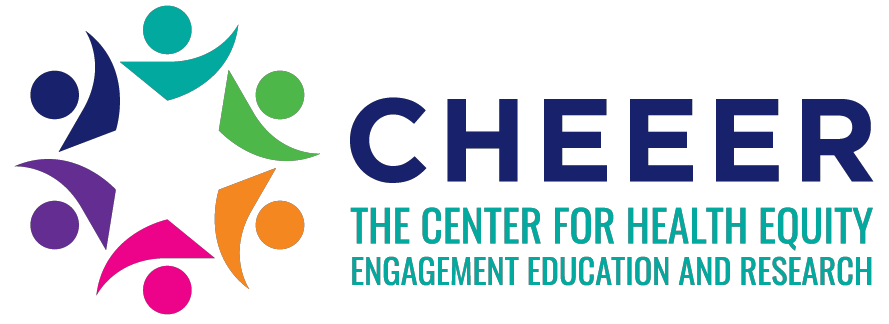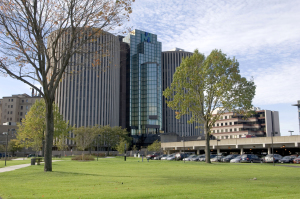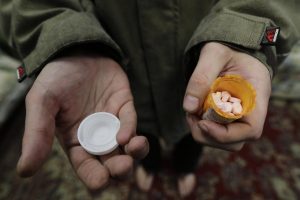By Karen Scott, MPA, Administrative Coordinator, Center for Health Equity Engagement Education and Research
A National Journal article titled, “Coronavirus Could Worsen Ohio’s Opioid Crisis” details challenges for those seeking care to combat addiction and mental health.
In 2018, Ohio had the 5th highest overall drug overdose death. Providers are concerned with a potential resurgence given the day-to-day occurrences with this Global Pandemic and the uncertainty potentially attributing to more overdoses. As Ohioans are mandated to stay home, normal anxiety can be multiplied. “Addiction is a disease of isolation”, according to Shawn Ryan, Chief Medical Officer for the addiction treatment center at Brightview Health. Individuals seeking care are urged to use telehealth or contact their provider. MetroHealth has supported and operated five sites responsible for distributing the opioid overdose-reversal drug, Naloxone. Amid the Coronavirus Pandemic, four of those sites have been closed. The only walk-in location distributing Naloxone is Cleveland’s Emergency Medical Services Headquarters, located at 1701 Lakeside Avenue.
MetroHealth has converted a recreational vehicle (RV), once used to enroll applicants into the Medicaid Program, as an additional site to obtain Naloxone. The RV is parked across from MetroHealth’s Main Campus on West 25th Street. Providers are also being urged to prescribe Buprenorphine, which is used to treat dependence/addiction to opioids. It can be prescribed through Telemedicine and helps to prevent withdrawal symptoms caused by stopping other opioids.
Congress recently passed the soon to be distributed Two Trillion Dollar stimulus relief package which will include Community Behavioral Health. The money is allocated for clinics providing 24/7 access to Mental Health or Substance-use-disorder Services, including Opioid Services.
Life has changed significantly from what we were accustomed to. In these unprecedented and uncertain times, mental and physical well-being remain paramount. Thank goodness for much needed, heavily relied upon services being made available. As we practice social distancing, individuals further isolated because of mental health or addiction disorder are not forgotten.


